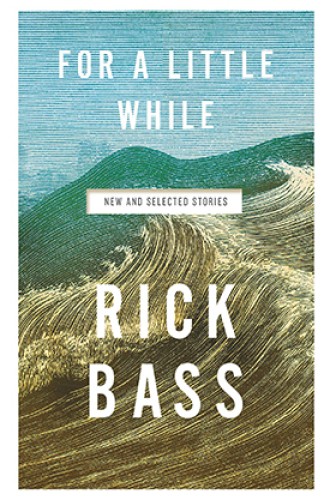Stories from a glacier-shaped landscape
If you’re new to Rick Bass’s edgy, glorious, and often brutal settings, this collection is a perfect place to start.
One of Rick Bass’s many strengths is his solid voice, one that is equal parts grace and humor, grief and suffering. But perhaps his chief strength remains his most striking feature: a gift for conveying the sheer wonder of natural beauty. Bass, like the Nobel Prize–winning Alice Munro, has been described as a “writer’s writer”: one deeply admired by fellow workers in the vineyard. Both he and Munro make a strong case for the abiding health of the genre of short fiction. The frequent comparisons of Bass with other writers of stature are telling: he is often likened to the masters of an earlier era, such as Flannery O’Connor, Eudora Welty, J. D. Salinger, or even the unquestioned, reigning presence of all creative writing programs, Ernest Hemingway.
With the release of his latest collection, Bass has combined what he evidently considers the prize productions of his past—18 in all, representing most of the early collections—with seven new stories, most of which are stellar works. One might consider this book to be the best of both worlds, connecting his retrospective “greatest hits” with a new set list, and thus it is a perfect place to start if you are a reader new to the edgy, glorious, and often brutal natural settings depicted by the author.
Born in Houston, Bass lived for a long stretch in Mississippi before settling in a remote valley in northwestern Montana. He is known primarily for his great power in depicting nature and ecosystems—especially the bitter cold and the glacially shaped outdoors of the American West.






